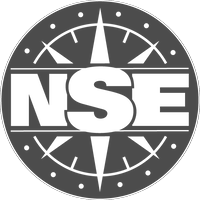F A S T F A C T S
Location | Superior
Population | 26,561
Enrollment | 2,703
Language | English
Calendar | Semester
Canada | Home & Host
Term Dates
Fall | 09/06-12/21
Spring | 1/24-5/16
Location | Superior
Population | 26,561
Enrollment | 2,703
Language | English
Calendar | Semester
Canada | Home & Host
Term Dates
Fall | 09/06-12/21
Spring | 1/24-5/16
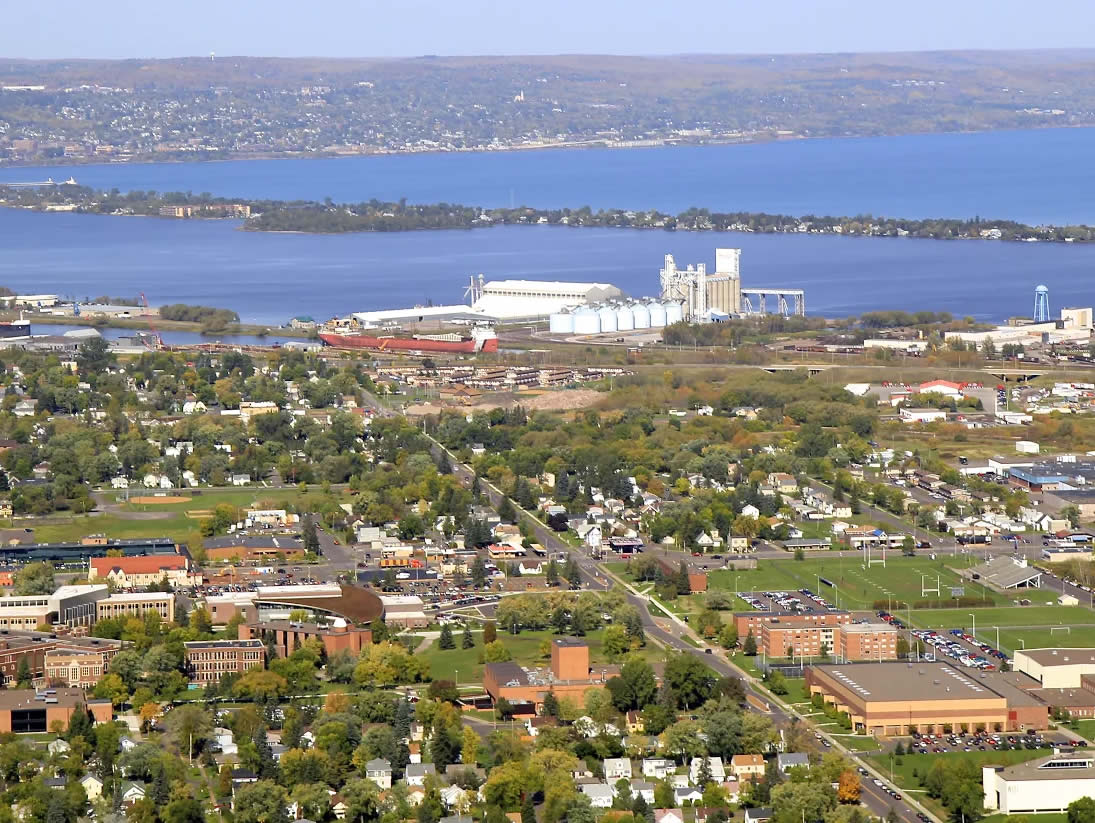
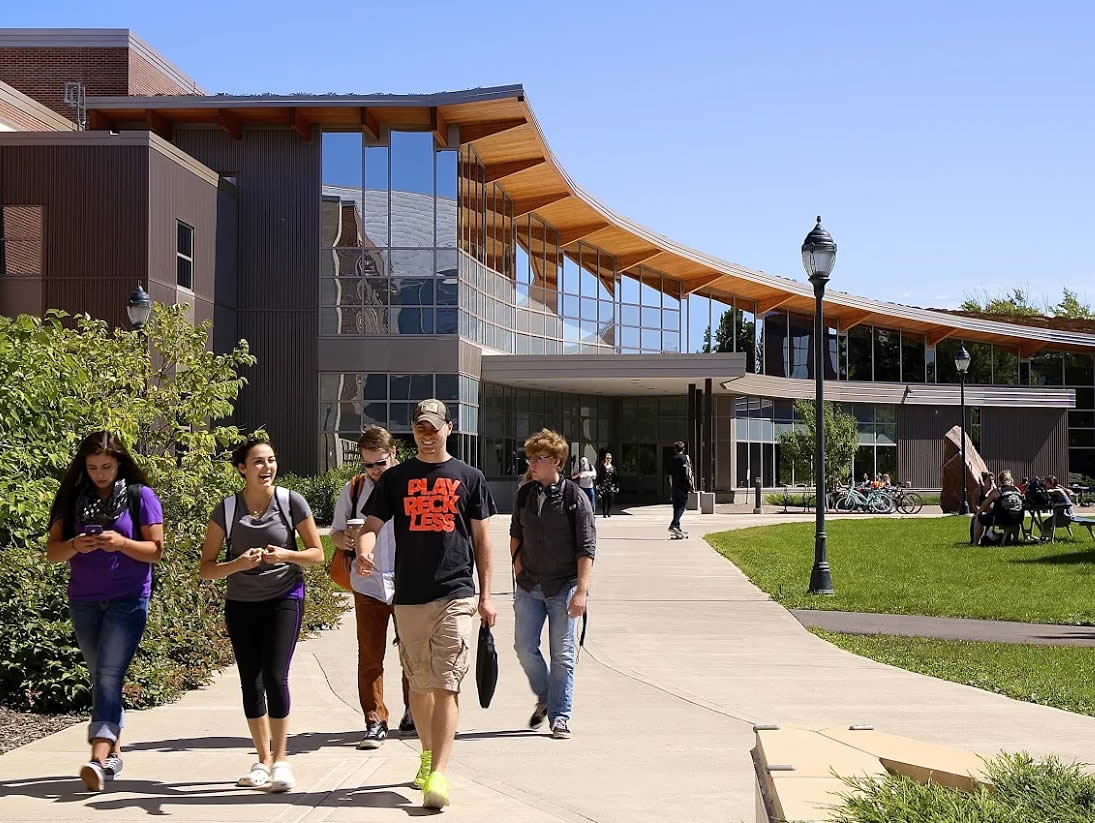
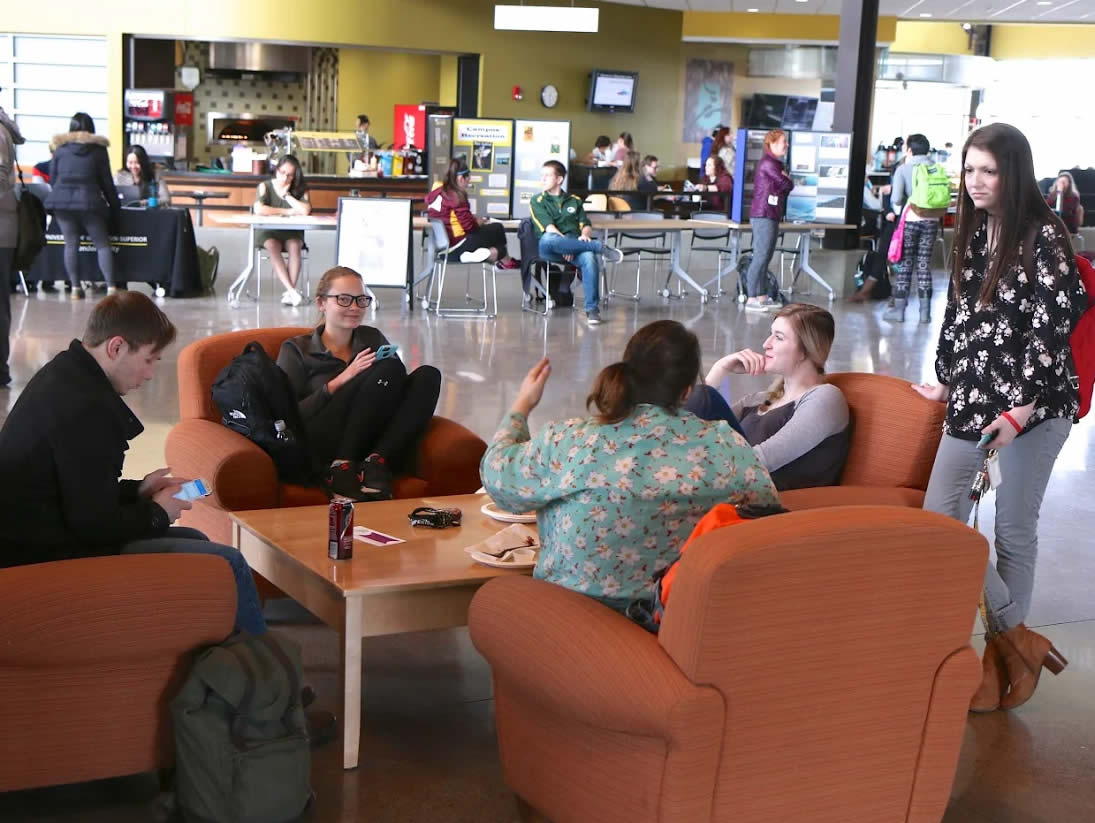
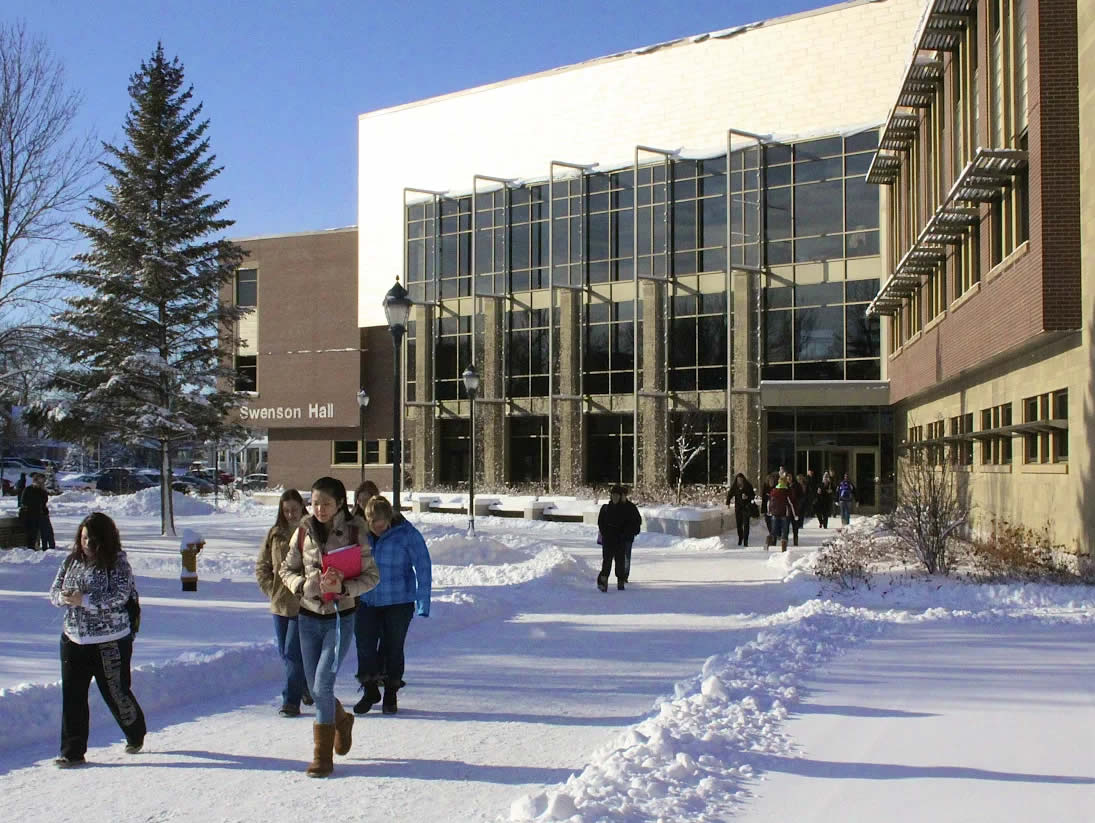
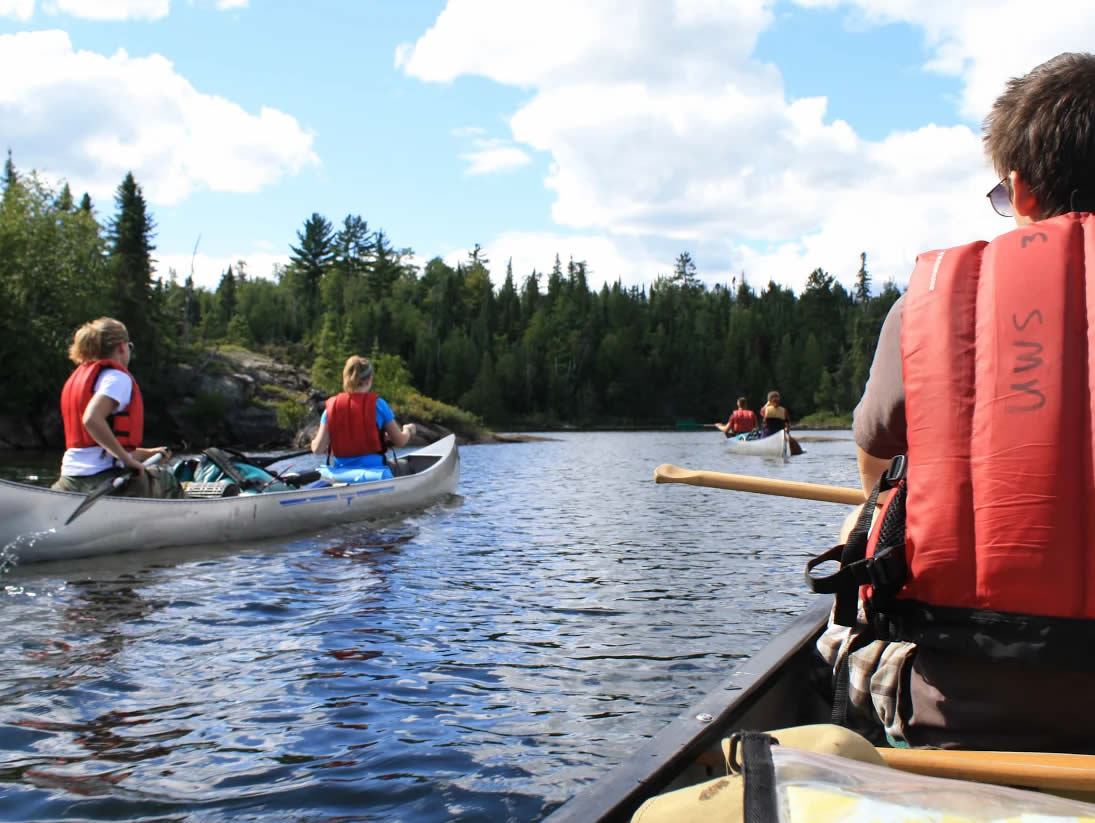
Known for Biology, Art, Transportation & Logistics, Social Work, & Elementary Ed
14:1 student-faculty ratio allows time to engage, challenge and mentor students
Amazing opportunities through the prestigious Lake Superior Research Institute
| 2024-2025 Chance of Placement | ||
| Home Pay | | | Limited |
| Campus Availability & Deadlines | ||
| 2025-2026 Chance of Placement | ||
| Home Pay | | | Open |
| Understand Chances of Placement | ||
Academics
Registration- Campus Catalog
- When will I register? According to class standing
- Syllabus Request for Course Pre-Approval: Contact Host Coordinator for assistance
Teacher Education is limited to full-time degree-seeking UWS students.Limitations
Some upper level courses in business and biology may be limited due to preference given to full-time degree-seeking UWS students.Notable Academic Programs
- Elementary Education - Founded in 1893 as the Superior Normal School, the University of Wisconsin-Superior was created to educate teachers. Since our founding, UW-Superior has been a frontrunner in the UW System for its offerings in PK-12 education. Teacher education graduates are highly regarded by their employers; and many have won teaching awards at the district, state, and national levels. Education students work with children in local classrooms early in their program. Our Field Experience Coordinator assists in finding each student an individual placement in a classroom. Education programs are subject to change to be in alignment with the Wisconsin Department of Public Instruction.
- Transportation and Logistics Management - For over two decades, the nationally-recognized Transportation and Logistics Management (TLM) major has placed hundreds of graduates into company, public agency and nonprofit management-level positions. The rigorous program continues to emphasize exceptional courses in transportation modal management, supply chain management, environmental sustainability as well as international trade—all building upon a strong business management foundation. With an exceptionally high percentage of international and female students, the program embraces diversity and has a global perspective.
- Social Work - As a social worker, you can create policy programs, research social issues, ignite and support social movements, counsel people, or connect them to needed social services. Whether you're on-the-ground assisting people or effecting change through policy and implementation, your dream is to see a just society where people thrive and have access to the support and resources they need. Through UW-Superior's accredited social work program, you will be ready to assume professional responsibilities, while promoting social justice and development during your time as an undergraduate.
- Exercise Science - UW-Superior's exercise science program provides the knowledge and skills needed to acquire a position in areas such as health and fitness, and clinical exercise physiology. Further, students are able to lay the groundwork for entrance into graduate school for careers in exercise physiology, athletic training, physical therapy, physicians assistant, or medicine. Students gain basic and advanced knowledge of the structure and function of the human body as well as applied areas such as nutrition, exercise physiology, pathophysiology, and practical experience.
- Public Leadership and Innovation - The B.S. in Public Leadership and Innovation is an interdisciplinary program that will prepare you to engage diverse constituencies to develop solutions to current and anticipated complex issues within local, regional, national, and global communities. Students gain an understanding of systemic issues and have ample opportunity for skill development and practical application through a required internship, capstone courses, and more. This major is unique in the region, making graduates highly sought by nonprofits, planning agencies, civic and public agencies, tribal government entities and many more.
Unique Academic Programs
- Aquatic Biology - Faculty expertise and the Lake Superior region contribute to the development of both classroom and non-classroom learning experiences in the area of Ecology, Aquatic Biology and Fishery Science.
- First Nations Studies - The First Nations Studies program seeks to teach students about First Nations history, culture, and tribal sovereignty, and to foster communication and cooperation among people in our region. The program strives to educate others about the diverse and rich body of scholarship, experiences, and perspectives that make up the field of Native American and Indigenous Studies and to facilitate access for Indigenous people to higher education. Specific areas covered include: tribal sovereignty and self-determination; the histories of First Nations in Wisconsin and the United States; Ojibwe language, First Nations art, literature, and film; global Indigenous histories; and contemporary issues in First Nations society.
- Art Therapy - If you’re drawn to helping people manage their emotions and wellbeing, and art is one of your personal interests, then explore the transformative impact of art therapy through our undergraduate art therapy program. In the classroom, you’ll learn the creative use of art materials and practices that can assist with raising people’s self-esteem, improving their contact with reality, and with facilitating their personal development. Through field work in the community, you’ll be introduced to organizations that work with people experiencing various illnesses, trauma, or challenges in living. You will witness and participate in the application of art therapy practices through supervised, hands-on experiences. Additional courses in studio art, art history and psychology will challenge and enhance your discipline-specific skills and knowledge. Students completing the Bachelor of Arts concentration in art therapy graduate with resume-building practical experience and are fully prepared to apply for advanced degrees in art therapy or counseling, and to work in the mental health field.
- Supply Chain Management - We live in a fast-paced environment where the efficient flow of goods, finances and information is critical to business success and consumer satisfaction. Supply chain managers help improve customer service by ensuring products are delivered to the right place, at the right time, in the proper condition, at the least possible cost, and with the right attitude. The demand for qualified professionals in this rapidly evolving industry is growing as businesses and organizations recognize the cost-savings and improved efficiency that can result from effective supply chain management.
- Criminal Justice - As a student in the region's only undergraduate criminal justice program, you'll learn how to critically reflect on the complexities of crime and society's response to it. Examine the ways in which police and correctional agencies operate and relate to the larger political and social world. Your intellectual curiosity, critical thinking, and oral and written communication skills will be challenged and developed. As you complete courses in accounting, philosophy, political science, social work and sociology, you will achieve a global and comprehensive view of problems and potential solutions to criminal justice issues.
Undergraduate Majors Open to NSE Students
Accounting, Anthropology, Applied Mathematics... ++ show all
Conditions
GPA and Other Academic Requirements- General Eligibility Requirements
- No students accepted from NSE members within my own state
- Full-year exchange Accepted
- Single term exchange Accepted
- TOEFL: must have a score of 500.00 paper or 61.00 Internet
- IELTS: must have a score of 6.00
- N/A
- Will accept Home/Host Pay
- Will accept Home/Host Pay
Tuition / Finances
Finances
- Campus Budget
- Fees are subject to change without notice.
- Pay regular tuition to your home campus. No tuition/fees are paid to your host campus.
- Home Payment: 18 ($957.02 per additional hour)
Financial Aid for NSE Students
Regardless of Payment Plan, financial aid is awarded by and disbursed from your home campus.
Miscellaneous Fees - Per Semester
| Purpose | Amount | Period | Plan | Status |
|---|---|---|---|---|
| NSE Program Fee | $200 | Mandatory | ||
| ID Card | $15 | Year | Host & Home | Mandatory |
| Parking Fee | $89 | Semester | Host & Home | Optional |
| Orientation Fee | $150.00 | Year | Host & Home | Optional |
| Natural Science course Fee | $12.00 | Credit Hour | Host & Home | Mandatory |
| Course Fees / Materials | Varies | Semester | Host & Home | Mandatory |
Room / Meals
On-Campus Housing Per Semester
- On-Campus Housing
- Approximate cost: $4970 (includes meals)
- Approximate monthly cost: $1000
- Proximity to campus: 2 blocks
- Local Public Transportation Available to Campus
Residence halls have varying rates for single double, and suite style rooms. All registered students may use the local DTA bus at no charge.
Meal Plans
- Campus Meal Plans
- Meal purchase is not required for on campus living.
In the 2023-2024 school year, Jacket Point plans will be available in the amounts of 1670 points for $1670 and 1470 points for $1470. Non-residents can purchase Jacket Points in $25 amount Jacket cash are declining dollars that act like a debit account.
Resources
Campus LinksHealth
Exchange with Canada - Health Insurance
Students must purchase campus health insurance at $1,486 per semester.
Requirements
Comments on Problems or Conditions for Access
Essentia Health and St. Luke's are the two main healthcare providers in Superior. There is also the Community Healthcare Clinic and Planned Parenthood in the area to support specific needs.
Other Health Related Comments
UW-S is committed to providing a respectful campus, free of bullying, harassment, discrimination, violence, incivility, etc.
